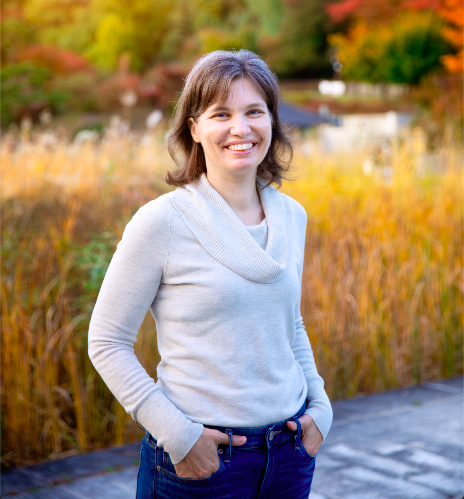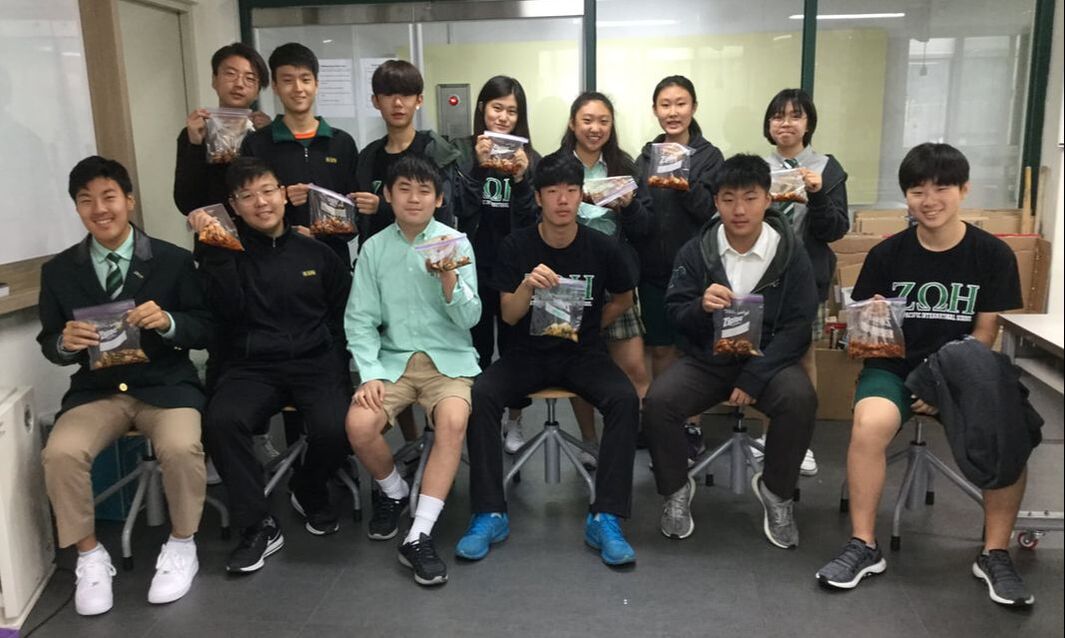Work ExperienceDirector of Academic Programs: 2019-Current
Asia Pacific International School, Seoul, Korea High School Life Science Teacher: 2002-Current (Biology, College Biology, Anatomy & Physiology, AP Biology, Ecology) Asia Pacific International School, Seoul, Korea Springfield High School, Springfield Minnesota St. Bernard's High School, St. Paul, Minnesota St. Paul Central High School, St. Paul, Minnesota Part-Time District Technology Integrationist: 2014-2016 Springfield Public School District, Springfield, Minnesota Project Lead, Class Instructor: 2000-2002 Science Museum of Minnesota, St. Paul, Minnesota Teaching Assistant: 1999-2000 Success Academy Charter School, St. Paul, Minnesota EducationUniversity of Iowa, Ames, Iowa: 2019-2020
Master of Science in STEM Education University of St. Thomas, St. Paul, Minnesota: 2000-2002 Master of Arts in Education Minnesota Teaching License: Grades 5-8 General Science, 9-12 Life Science College of St. Benedict, St. Joseph, Minnesota/ St. John’s University, Collegeville, Minnesota: 1995-1999 Bachelor of Arts in Biology, Minor in Spanish; summa cum laude |
About MeGrowing up in a rural area in the northern United States, some of my fondest memories are of the hours spent "exploring" in the woods around my family home. This early connection to nature laid the groundwork for my love of science, asking questions, and learning about the world.
Despite the fact that our society is becoming increasingly technological, I believe that the general public still views science and math as subjects in which only a select group of students can succeed. More recently, the growing denial of science has resulted in global health and environmental crises. Misconceptions about science can be devastating. The appropriate application of scientific processes is integral to making every-day decisions, regardless if one is considered a “scientist” or not. Not every student will eventually become an electrical engineer and design more efficient solar panels, but they will all have to make daily decisions about personal fossil fuel consumption. Very few students will have the opportunity to research new methods to combat cancer, but one in eight women have a chance of developing breast cancer and will someday have to make choices regarding their treatment. Understanding not only the subject of science, but also the process of science, will help our students analyze the day-to-day choices they make more closely, as well as their potential global repercussions. Therefore, I believe whole-heartedly that every student who passes through my classroom should and will participate in science as not only a subject they learn during our time together, but also as a process that becomes a tool for them in experiencing the world. By learning through inquiry and understanding how the practice of science is unique in comparison with any other discipline, students will see their connection to the world in a different way, potentially inspiring more thoughtful and compassionate decisions in their futures. |
Sample Biology Course Outline |
Biology Course Outline Video |
|
Your browser does not support viewing this document. Click here to download the document.
|
|
In The News
|
Samsung Solve For Tomorrow Contest
KEYC Television Station Kare 11 Television Station Southwest Initiative Foundation National Middle School Science Bowl Minnesota Academy of Science New Ulm Journal FIRST LEGO League New Ulm Journal Springfield Advance Press Youth Energy Summit New Ulm Journal |
Resume |
Available upon request. My email address and other information can be found under the "Contact" tab.
My educator profile can also be accessed through Search Associates. |


